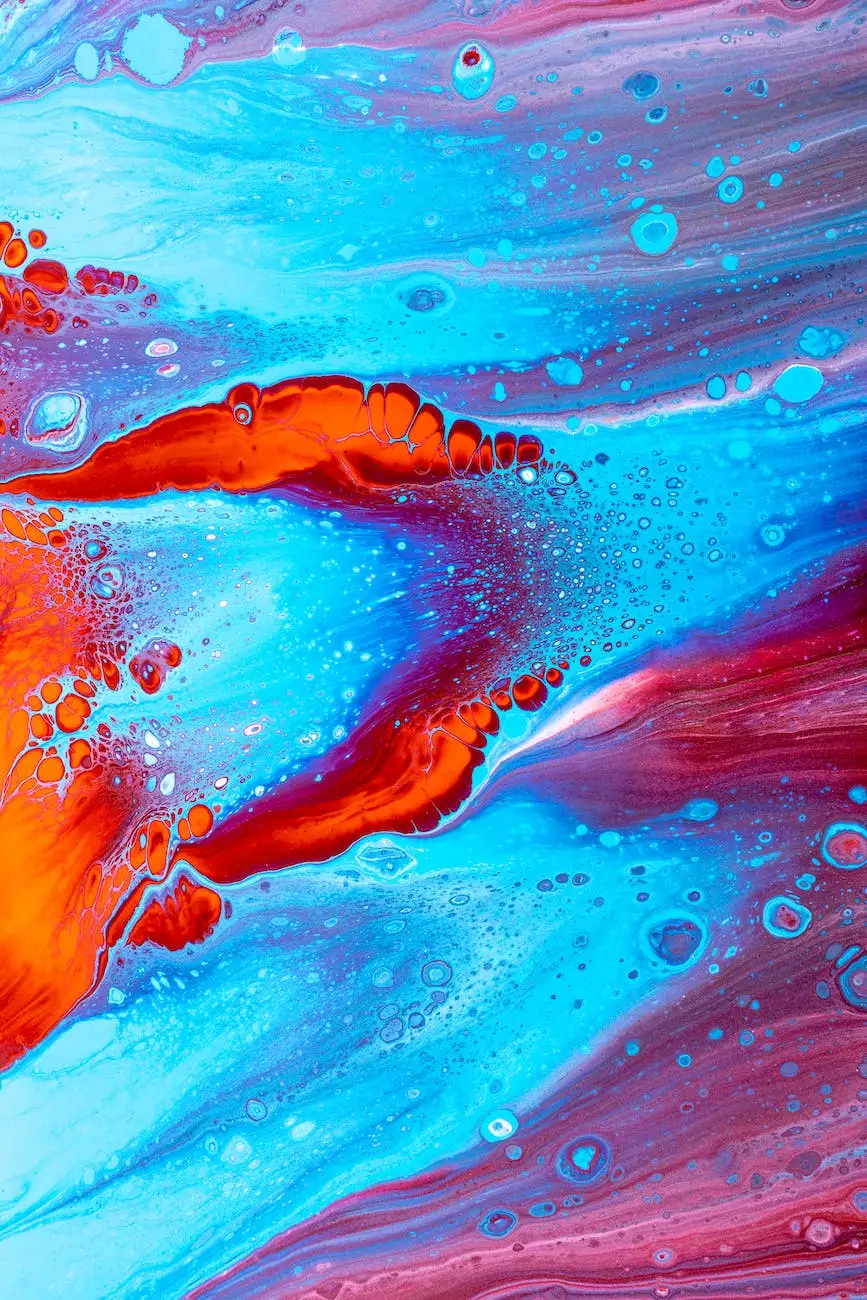Can Granite Be Damaged? Believe it or not ... Yes.
Blog
Welcome to GraniteCO's comprehensive guide on granite damage prevention and maintenance. In this article, we will explore the various aspects of granite and reveal how it can be damaged and the steps you can take to protect your valuable granite surfaces.
Understanding Granite
Granite is a natural stone formed deep within the earth's crust through the cooling and solidification of molten magma. Known for its exceptional durability and timeless beauty, granite has become a popular choice for homeowners and interior designers alike.
The Potential for Damage
While granite is indeed highly resilient, it is not impervious to damage. Understanding the potential risks will allow you to take appropriate precautions in maintaining the integrity of your granite surfaces.
Stains from Liquids and Foods
One of the primary concerns when it comes to granite is its susceptibility to stains. Although granite has a natural resistance to liquids, certain liquids and acidic substances can cause permanent stains if left unattended. Common culprits include red wine, citrus juices, coffee, and oil-based products.
To protect your granite countertops or surfaces, it is recommended to promptly clean up any spills. Use a pH-neutral granite cleaner or a mild soapy solution. Avoid abrasive cleaners, vinegar, or acidic substances, as they can damage the protective sealant.
Scratches and Etching
While granite is known for its hardness, it is not completely immune to scratches and etching. Sharp, abrasive objects and improper cleaning techniques can leave visible scratches on the surface. Similarly, acidic substances can cause etching, which appears as dull spots or marks on the polished surface.
To minimize the risk of scratches and etching, always use cutting boards, trivets, or coasters to protect your granite surfaces. Avoid using abrasive cleaners, harsh scrub brushes, or acidic substances to clean your granite countertops. Instead, opt for a soft cloth or sponge and a gentle, pH-neutral cleaner specifically designed for granite.
Heat Damage
While granite is heat resistant to a certain extent, extreme temperature changes can potentially cause thermal shock and lead to cracks or damage. Placing hot pans or pots directly onto the granite surface can result in thermal stress and compromise its integrity.
It is important to use hot pads, trivets, or heat-resistant mats when placing hot objects on your granite countertops. This precaution will help prevent direct contact between the hot item and the granite, minimizing the risk of heat damage.
Preventing Granite Damage
To keep your granite surfaces in pristine condition, proactive measures should be taken to prevent damage. Here are some useful tips:
Regular Cleaning and Maintenance
Developing a regular cleaning routine is essential in maintaining the appearance and durability of your granite. Avoid using harsh chemical cleaners or abrasive materials that can wear down the protective sealant.
Instead, opt for a pH-neutral granite cleaner and a soft cloth or sponge. Gently wipe the surface in circular motions, ensuring all spills and debris are removed. Regular cleaning prevents the accumulation of dirt or residue that may cause long-term staining.
Protective Sealing
A proper sealant serves as a protective barrier against stains and moisture. It is crucial to ensure your granite surfaces are adequately sealed to maintain their longevity. The frequency of resealing may vary depending on usage and exposure to liquids.
Consult with a professional or follow the manufacturer's recommendations for resealing intervals. Always ensure the granite surface is thoroughly cleaned and dry before applying a new layer of sealant.
Avoid Rough Handling
Granite can withstand heavy use, but rough handling can increase the risk of chips, cracks, or scratches. Avoid dragging heavy objects across the surface and use caution when placing or moving items.
For larger or heavier items, make use of furniture sliders or ask for assistance to prevent unnecessary strain on your granite surfaces.
Regular Inspection
Periodically inspect your granite surfaces for any signs of damage or wear. Promptly address and repair any chips, cracks, or loose caulking to prevent further damage.
By staying vigilant and addressing any issues early on, you can prolong the lifespan and beauty of your granite countertops or surfaces.
Conclusion
Granite is undoubtedly a durable and visually appealing choice for homeowners. However, it is important to understand that granite can be damaged if not properly cared for. By educating yourself on the potential risks and implementing preventive measures, you can maintain the beauty and longevity of your granite surfaces for years to come.
Remember to clean your granite regularly using gentle, pH-neutral cleaners, avoid abrasive materials, and use protective measures to prevent damage. With proper care and maintenance, your granite will continue to enhance the aesthetics of your home while remaining resistant to common sources of damage.




